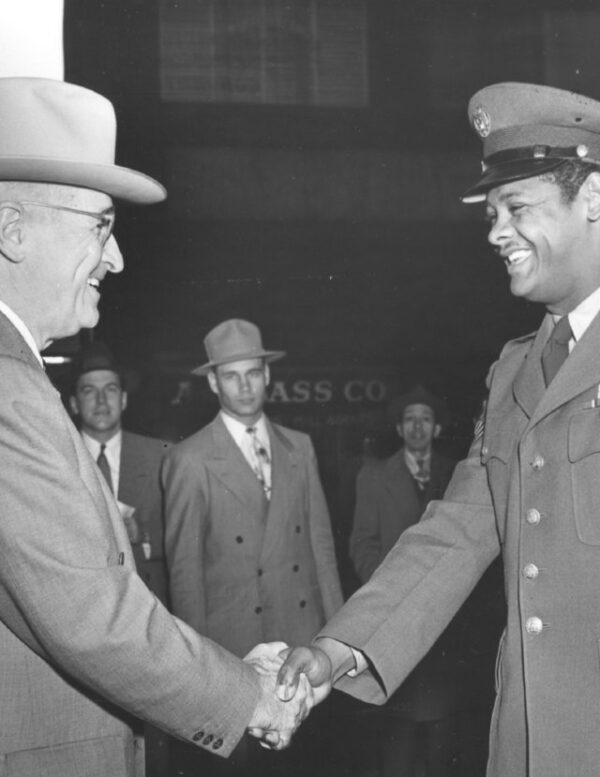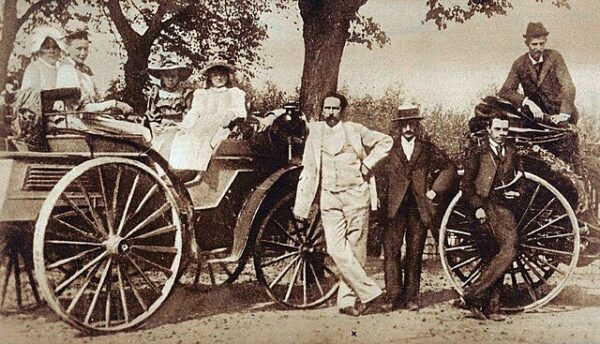President Harry S. Truman’s Executive Order 9981, issued on July 26, 1948, was a landmark decision in American history, mandating the desegregation of the armed forces. This order marked a significant step towards civil rights and set the stage for future legislation aimed at ending racial segregation and discrimination in the United States.
The backdrop to Executive Order 9981 was the broader struggle for civil rights that had been intensifying throughout the early 20th century. African Americans had served in every American conflict, from the Revolutionary War through World War II, often in segregated units and typically relegated to menial or support roles. Despite their service and sacrifice, they faced systemic discrimination and violence both within the military and in civilian life. The stark contrast between fighting for freedom abroad and facing racial injustice at home became increasingly untenable, leading to growing pressure for change.
Truman, a Missourian with a mixed record on race relations, came to recognize the moral and practical imperatives of addressing racial discrimination. The desegregation of the military was also influenced by the Cold War context, as the United States sought to present itself as a leader of the free world. Racial segregation and discrimination were seen as undermining the country’s moral authority and its ability to win the hearts and minds of people in newly decolonized nations.
The order declared, “It is hereby declared to be the policy of the President that there shall be equality of treatment and opportunity for all persons in the armed services without regard to race, color, religion or national origin.” To implement this policy, the order established the President’s Committee on Equality of Treatment and Opportunity in the Armed Services, commonly known as the Fahy Committee after its chairman, Charles Fahy.
The Fahy Committee was tasked with examining the policies and practices of the armed services and making recommendations to ensure compliance with the new order. The committee’s work involved confronting entrenched institutional resistance and the deeply ingrained prejudices that existed within the military hierarchy. Despite these challenges, the committee was able to make significant progress in a relatively short period.
Implementation of Executive Order 9981 did not happen overnight. The transition towards a desegregated military was gradual and met with resistance from various quarters. However, the Korean War, which broke out in 1950, accelerated the process. The urgent need for manpower and the demonstrated effectiveness of integrated units in combat situations led to a more rapid integration of the armed forces than might have otherwise occurred.
The impact of Executive Order 9981 extended beyond the military. It signaled a broader commitment to civil rights and equality that would influence subsequent policies and social movements. The order laid the groundwork for the Civil Rights Movement of the 1950s and 1960s, providing a powerful example of federal intervention to promote racial equality. It also helped to shift public perceptions about race and the role of African Americans in American society.
Truman’s decision to issue Executive Order 9981 was a bold and politically risky move. At the time, the Democratic Party was deeply divided on the issue of civil rights, and Truman faced significant opposition from Southern Democrats, who were staunch defenders of segregation. Despite the political risks, Truman’s commitment to civil rights and his recognition of the strategic importance of a desegregated military prevailed.






